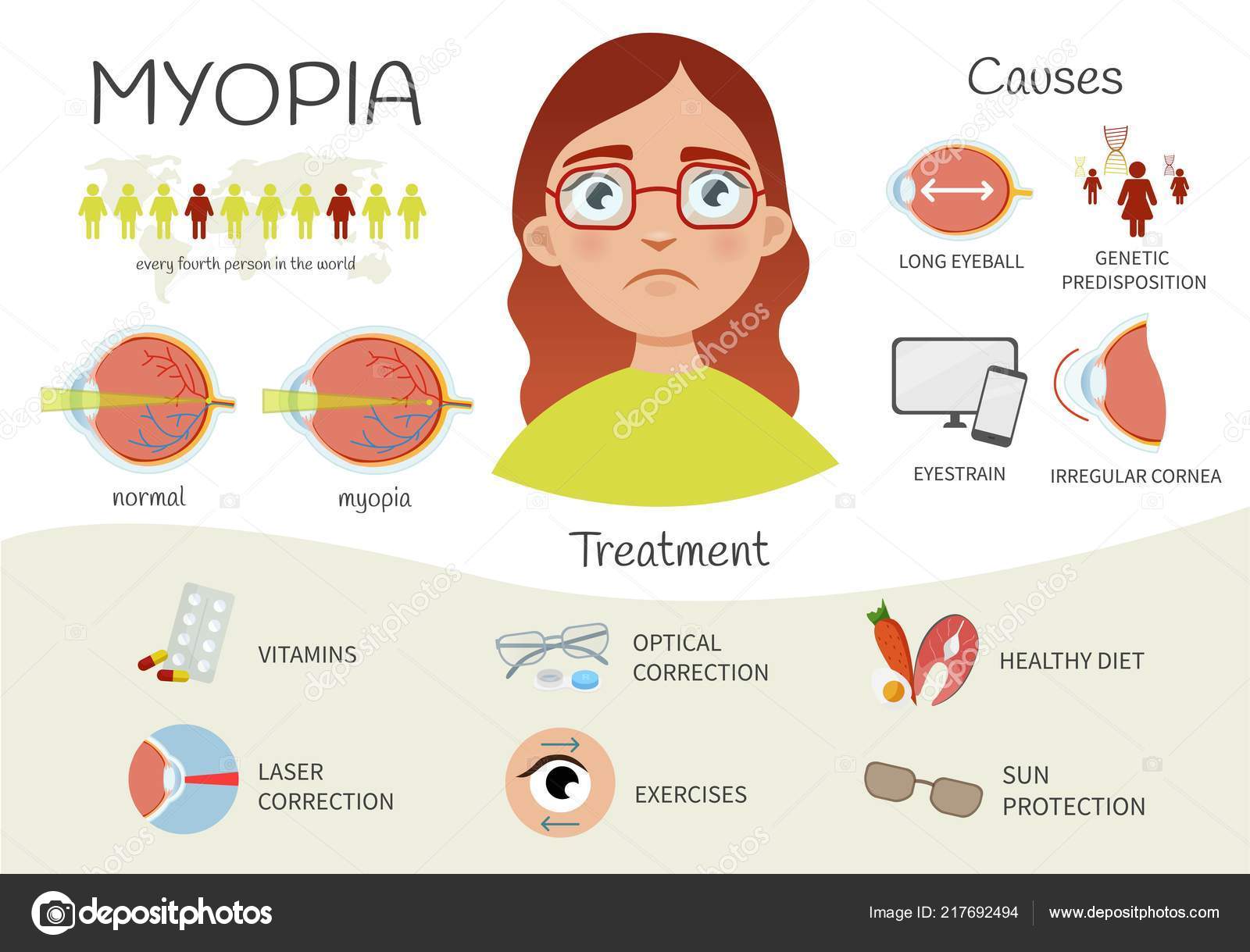Dry Eye Diagnosis: When To Consult An Optometrist Or An Eye Doctor
Authored By- https://docs.google.com/document/d/11xvUu-5porjy6-ReC3iv1ak1eGQa9-L2CEgfPeroxOw/edit?usp=sharing can be frustrating and uneasy. You might question if you need to see an optometrist or an eye doctor for alleviation. Optometrists commonly manage moderate to modest cases with efficient treatments. Nonetheless, if your signs persist or aggravate, it may be time to consider a professional's care. Understanding the ideal course for your circumstance is essential— so what variables should you take into consideration prior to making that visit?
Recognizing Dry Eye Effects
Have you ever before experienced a relentless experience of dryness in your eyes? This pain can be more than just an inconvenience; it typically indicates a typical condition known as dry eye. You could observe soreness, itching, or a gritty sensation, making it difficult to focus. Often, your eyes might also sprinkle exceedingly as they attempt to compensate for the absence of dampness. You might also experience obscured vision, particularly after extended display time. Recognizing these signs and symptoms is vital for taking care of completely dry eye efficiently. Aspects like prolonged screen usage, environmental irritants, and certain medications can aggravate these feelings.
Function of Optometrists in Dry Eye Management
Eye doctors play a crucial duty in handling dry eye, serving as your primary resource for diagnosis and therapy. https://www.forbes.com/health/body/guide-to-lasik/ start by evaluating your symptoms and performing comprehensive eye evaluations to recognize the underlying root causes of your discomfort. With their competence, they advise personalized therapy plans, which may include artificial rips, prescription drugs, or way of living adjustments. Optometrists additionally educate you on proper eye treatment methods to aid alleviate symptoms. If your condition calls for a lot more specific interest, they'll refer you to an eye doctor. Routine examinations with your eye doctor make certain that your completely dry eye management works, enabling modifications to your treatment as needed. Depend on your optometrist to direct you with the procedure of locating remedy for completely dry eye symptoms.
When to Get in touch with an Ophthalmologist
When should you think about consulting an eye doctor for your completely dry eye signs and symptoms? If your signs and symptoms continue despite over-the-counter treatments or get worse over time, it's time to see a professional. You should also connect if you experience serious pain, vision adjustments, or if your eyes show up red and puffy. An ophthalmologist can identify underlying conditions like blepharitis or meibomian gland dysfunction that may call for advanced treatment. If you have a history of eye surgical procedures or chronic problems such as rheumatoid joint inflammation, it's smart to seek advice from an ophthalmologist too.
Conclusion
In recap, if you're experiencing completely dry eye signs, beginning by seeing an optometrist for a personalized therapy plan. They can help with moderate to moderate problems making use of man-made rips and lifestyle adjustments. However, if your signs and symptoms persist or aggravate, don't be reluctant to speak with an ophthalmologist for more customized treatment. Taking these actions can result in much better management of your dry eye signs and symptoms and enhance your total eye health. Remember, your comfort and vision deserve it! 